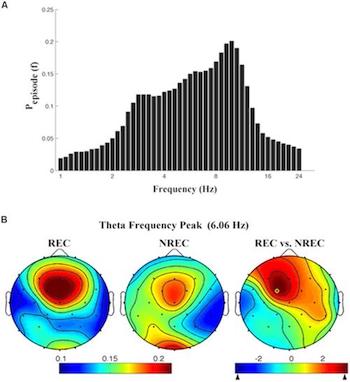How a Vegetarian Diet Affects Dream Recall
Submitted by Edgar Reyes on Thu, 01/31/2019 - 07:26I have not read any books about this subject myself, but I thought I’d write a quick post about my actual experience trying this experiment.
In general, after a 2 - 6 week initial adjustment to the diet, my dreams become more vivid and they are easier to remember in the morning. When I’m eating meat, they are generally darker (they contain less light) and are much harder to recall. On a vegetarian diet, my dreams are more often peaceful, serene, or even uplifting. When eating meat, it’s more common for me to experience dreams relating to anxiety and fear (nightmares). I also require less sleep when vegetarian -6.5 hours on average- and I wake up refreshed and full of energy; when eating meat, I need 8 - 8.5 hours and get up very slowly and feel heavy and tired.
These are observations, but I don’t have a theory for why this happens the way it does. I’ll write some conjecture, but please leave comments down below if you have any other ideas.
My first idea is that the emanations of terror, panic, and suffering animals undergo when slaughtered is somehow “lodged” into the tissues and fibers of the meat that I then later eat. Those emanations are then absorbed into my own body and I feel them as fear and anxiety of my own. Fear and anxiety are antithetical to a free-flowing, peaceful, and joyful life –the very things that are conducive to an active and productive waking and dreaming life.
My second idea is that decay in general, but decaying meat in particular, attract unwelcome guests from the subtle world. Guests who resonate with the emanations of death and decay, as opposed to life, love, and joy. It’s a possibility, but I need more time and research to flesh out the details of this conjecture.

